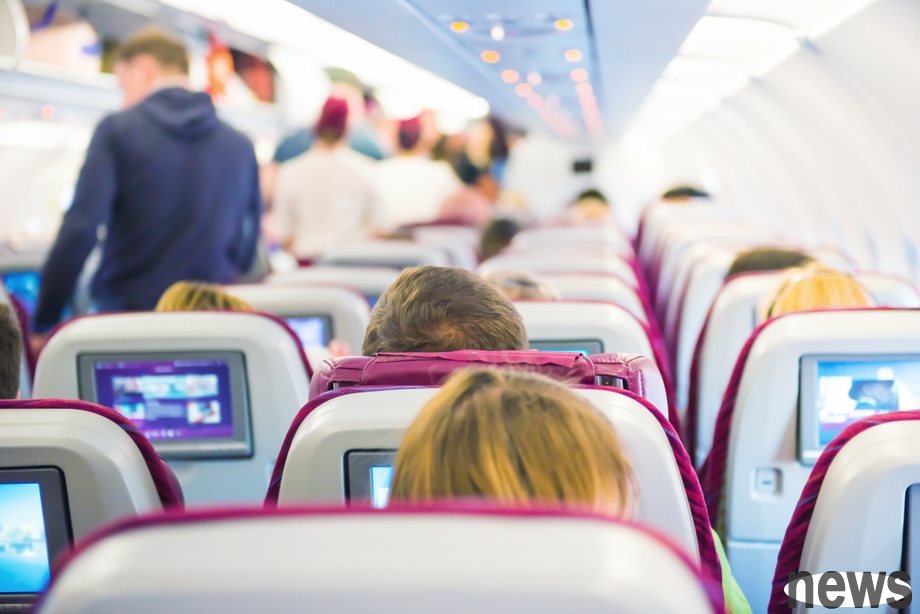
Some people feel abdominal pain when they get high altitude when they get to the sky, and they want to return to the land immediately. Brennan Spiegel, a professor at the University of California, Los Angeles, analyzed the reasons for this type of "jet belly", the air in the upper abdomen of the machine, and how to do it on the machine, which can reduce the inappropriateness of the machine's belly. According to the New York Post, Spieger pointed out that gravity at sea level will tighten air molecules on the earth, making the atmosphere tighter, but people will fly higher and thinner the air, and the air pressure will drop. "Although the machine is pressured, it will reach a water level that perfectly matches the sea level in the future." This means that the gas stuck in the kidney will expand, and the sealed dry bag will rise into the air in the air.
Spiegel said that this phenomenon is mediocre for some people, but it is painful for some people. People with Crohn’s disease can even cause inflammation. The phenomenon of gas in the upper abdomen of the machine shows that human evolution can resist gravity tension and is also suitable for the gas pressure created by gravity. However, when it is affected by air pressure at a high altitude, it often responds physiologically from the first to the kidney.
Spiper said that simple actions that can be done in the seat can help reduce the disease. Press your hands about two to three inches under your belly, press them gently but calmly, and then massage them in the direction of your right and right bones. He said that continuing this will help lift the gas out of the blind valve, which is a small channel between the small and the kidneys. Once the gas enters the kidneys, it is much easier to be discharged.
Spiper pointed out that it's OK, then doing it means you're farting on the voyage. If you still feel your stomach is irritated, Spiper recommends that you gently whirl your upper body in your seat and whirl left and right, which will help your stomach and stomach activities.
In addition, sitting posture is also very important. Sitting straight can prevent the stomach cavity from being pressed.
His other suggestion is to do deep and slow breathing intermittently, and then exhale from the pouting lips. This helps stimulate the vagus nerve, relax the stomach, and improve digestion, but don't do it non-stop, just ensure that you listen to your body.
Spiper pointed out that once the breath starts, doing these actions is generally effective, but if you do it throughout the voyage, it will also help reduce the risk of lightening. These actions can be considered "coexisting with gravity", and the key is to keep the tract and circulation active, rather than letting everything stop in a low-pressure wheel.
